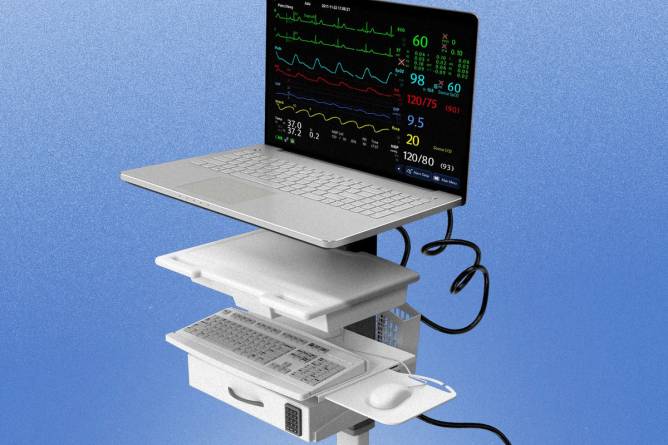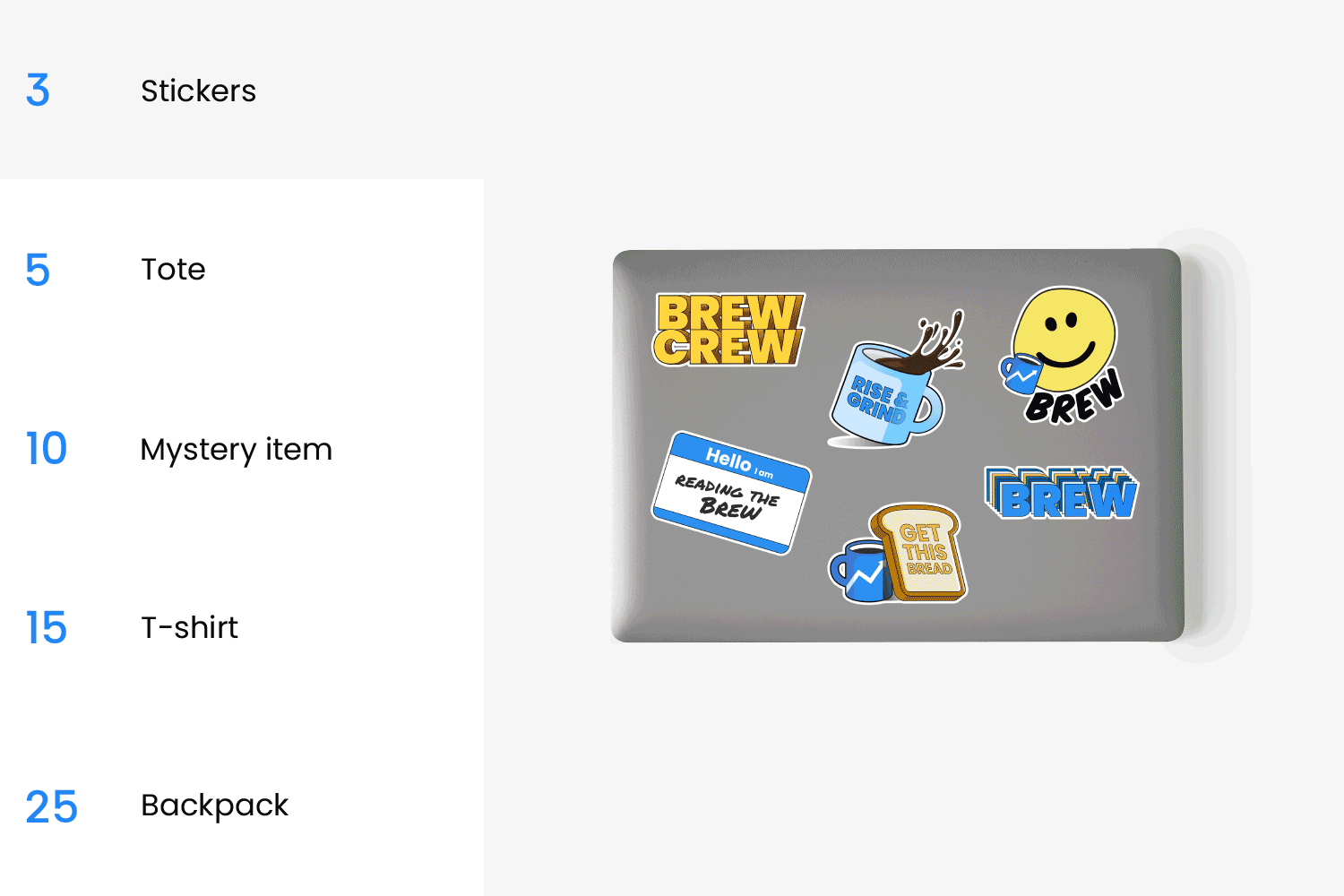|
Women’s health tech company Materna Medical raised an additional $5.7 million in funding, the first close of a $20 million Series B2 funding round led by medtech investing firm InnovaHealth Partners.
The Mountain View, California-based company has developed two products to treat pelvic floor conditions and has raised a total of $57.6 million over seven funding rounds, according to Crunchbase.
"We’re thrilled to have completed the first close and excited about the investors still seeking to participate in the final close later this year,” Tracy MacNeal, Materna Medical’s president and CEO, told Healthcare Brew. “Given the unmet needs in maternal health, investors can see the tremendous opportunity for both social impact and a great return on investment."
Materna Medical’s flagship product, the Milli Vaginal Dilator, is designed to treat people with vaginismus, a disorder characterized by involuntary tensing of the muscles surrounding the vagina, according to Cleveland Clinic. The Milli device received FDA clearance in 2023 to be sold over the counter.
Keep reading here.—MA
|










